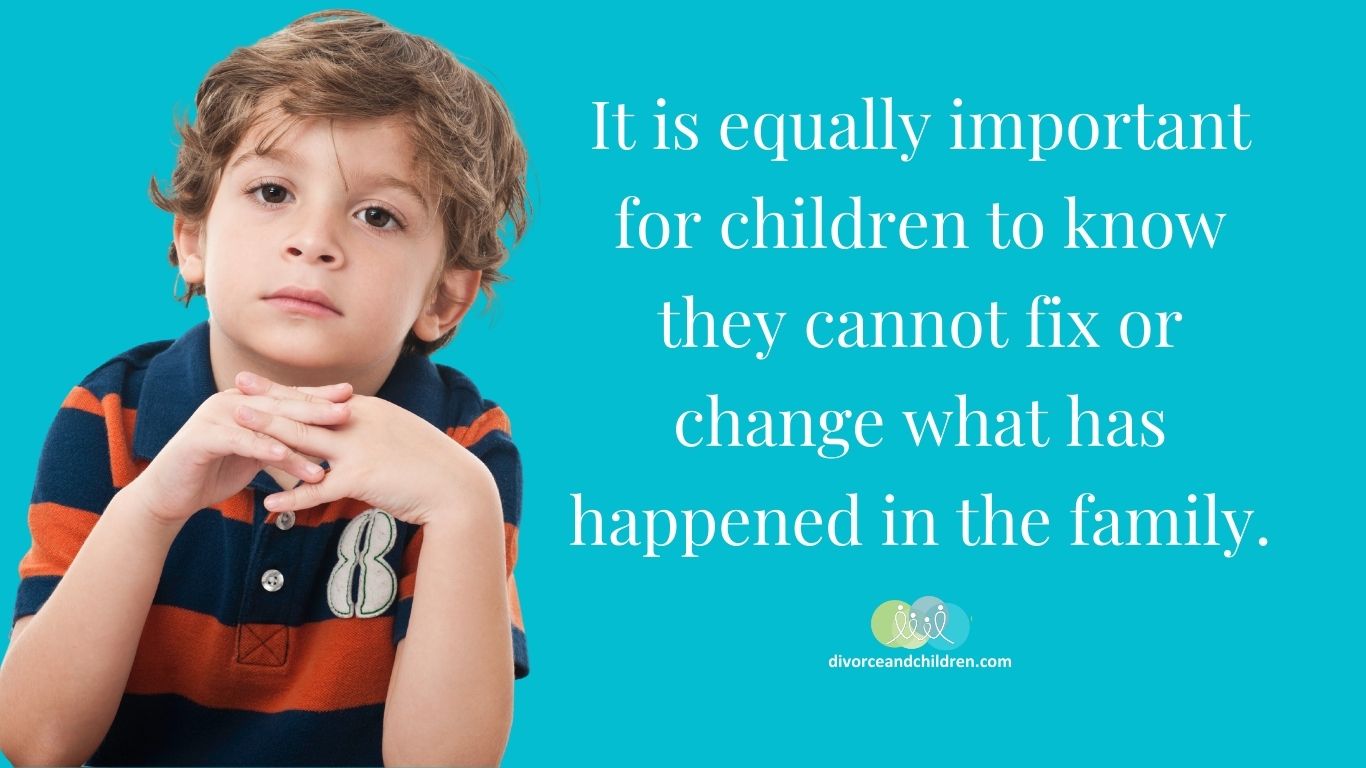Bargaining

Bargaining is often experienced as a time when you may consider reconciling or giving the relationship a second chance. Children, however, may buy into the idea that they can bring Mom and Dad back together.
During this stage, you or your partner may:
- Consider couples therapy or counseling
- Try to reconcile or give the relationship a second chance
- Waiver in your decision making regarding the divorce or separation
- Move back into the family home
- Talk with children about changing a parent’s mind
When children are trying to save the family, they may:
- Promise to be good or behave better
- Create events or reasons for parents to have contact
- Develop physical symptoms (for example, stomach pains or headaches) or create an emergency situation, so parents have to care for them together
- Blame themselves for problems between Mom and Dad
- Become a discipline problem at school or home, so parents have a common cause (for example, trying to get parents to focus on them, versus on each other)
- Try to become the “perfect” child, so parents don’t have anything to fight about
How can you help yourself?
Realize that making the decision to separate or divorce is a difficult and personal choice. Give yourself time to think through decisions before acting on them. Most parents, at one time or another, feel some guilt and wonder if they should reconsider. If possible, seek out someone you can talk to who can help you weigh out your options (for example, a friend, co-worker, family member or professional counselor).
How can you help your children?
When parents split up, children often mistakenly believe that they are responsible. Their sense of guilt usually increases when they are exposed to parental arguments and conflict. From a child’s perspective, if Mom and Dad are arguing about them, they will naturally feel they are to blame.
Whenever possible, minimize conflict and let your children know the separation or divorce is not their fault. Understand that your children may need to hear this many times, as they are likely not to believe you the first time you say it. While you understand your children did not cause the problem, they need to be reassured they are not to blame. It is equally important for children to know they cannot fix or change what has happened in the family.
**For more practical tips and success strategies, check out PARENTING APART, the book. Providing separated and divorced parents the tools they need to raise HAPPY and SECURE kids. As a subscriber, feel free to preview a complimentary sample chapter of PARENTING APART or take a look at the table of content to see what it has to offer.





